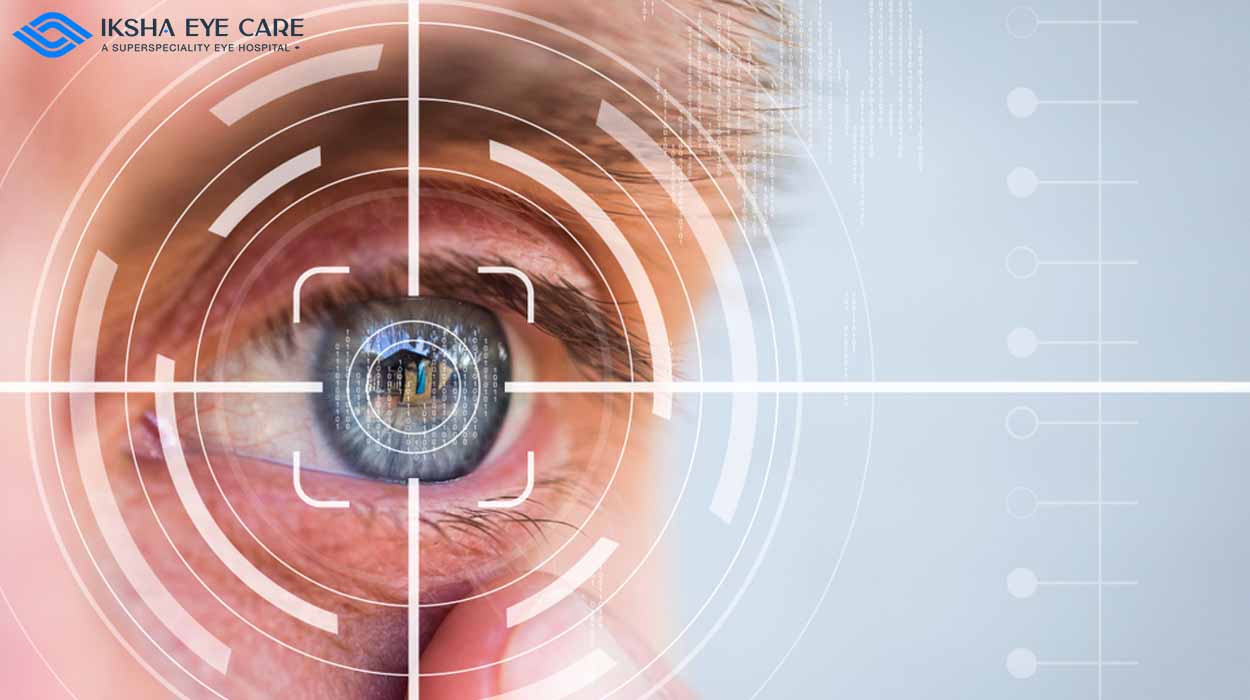Regional Glaucoma Service Near Me: Relied On Specialists for Eye Wellness
Regional Glaucoma Service Near Me: Relied On Specialists for Eye Wellness
Blog Article
Comprehending the Numerous Eye Conditions Treated by Specialized Eye Care Professionals
In the realm of eye care, specialized specialists play an important function in identifying and dealing with a vast range of eye problems. From common refractive mistakes that influence vision clarity to age-related problems that pose obstacles as we expand older, the proficiency of these specialists includes managing vision-threatening conditions and elaborate corneal disorders. In addition, the intricacies of neurological eye problems existing distinct difficulties that necessitate specialized care. As we start this exploration of the different eye problems addressed by specialized eye care specialists, it comes to be obvious that the intricate internet of ocular health holds a myriad of remarkable understandings waiting to be revealed.
Usual Refractive Errors
Refractive mistakes prevail aesthetic problems created by a flaw in the eye's capacity to appropriately concentrate light, resulting in blurred vision. The most prevalent kinds of refractive mistakes consist of nearsightedness (nearsightedness), hyperopia (farsightedness), astigmatism, and presbyopia. Nearsightedness occurs when the eyeball is as well lengthy or the cornea is also rounded, triggering distant things to appear fuzzy. Hyperopia, on the other hand, occurs when the eyeball is also short or the cornea is also level, bring about neighboring objects being out of emphasis. Astigmatism is defined by an irregularly shaped cornea, leading to distorted or blurred vision whatsoever ranges. Presbyopia is an age-related problem where the lens loses its versatility, making it hard to concentrate on close things.
These refractive mistakes can be remedied through different techniques, consisting of eyeglasses, contact lenses, or refractive surgical treatment. Eye care experts play a critical role in diagnosing and taking care of refractive mistakes to aid people accomplish clearer vision and improve their lifestyle.
Age-Related Eye Problems
One of the most common age-related eye conditions is age-related macular deterioration (AMD), a condition that triggers central vision loss and can make tasks like analysis and driving difficult. Cataracts, one more common condition among older individuals, create clouding of the eye's all-natural lens, leading to obscured vision. Routine eye exams with specialized eye treatment professionals are vital for very early detection and administration of these age-related eye problems to maintain vision and maintain eye health and wellness as individuals expand older.
Vision-Threatening Conditions
Vision-threatening conditions incorporate a series of serious eye problems that have the potential to significantly impact a person's vision and overall aesthetic function. These conditions position a danger of permanent vision loss otherwise quickly detected and dealt with by specialized eye treatment experts. Some common vision-threatening diseases consist of glaucoma, diabetic person retinopathy, age-related macular deterioration (AMD), and retinal detachment.
Glaucoma is a group of eye conditions that harm the optic nerve, often due to high intraocular pressure, leading to peripheral vision loss and prospective blindness if left without treatment. AMD is a progressive condition impacting the macula, leading to central vision loss.
Very early discovery, regular eye exams, and timely treatment are crucial in handling vision-threatening illness to preserve sight and keep lifestyle. Specialized eye treatment professionals play an essential role in diagnosing, treating, and handling these problems to avoid irreparable vision description loss.

Corneal Conditions
Corneal conditions include a spectrum of problems that affect the transparent front component of the eye, understood as the cornea. Treatment for corneal conditions differs depending on the details problem but might include medications, call lenses, or in serious situations, corneal transplants. Routine eye tests are necessary for very early detection and administration of corneal conditions to protect vision and eye health and wellness.
Neurological Eye Problems
Neurological eye problems entail disorders that influence the link in between the eyes and the mind, affecting aesthetic processing and total eye feature. These problems can materialize in numerous ways, affecting vision, eye motions, and also the control in between the eyes. One common neurological eye problem is optic neuritis, characterized by inflammation of the optic nerve leading to vision loss, color desaturation, and discomfort with eye motion.
An additional significant problem is nystagmus, where the eyes make repetitive, uncontrolled movements, impacting aesthetic acuity and why not check here depth understanding. In addition, problems like amblyopia, typically described as "careless eye," arise from irregular visual development in early childhood, bring about decreased vision in one eye.
Neurological eye conditions require specific treatment from professionals like neuro-ophthalmologists that have expertise in both neurology and ophthalmology. Diagnosis typically entails a thorough eye exam, imaging research studies, and partnership with neurologists to deal with the underlying neurological problems influencing the visual system. Treatment techniques can include drug, vision treatment, or in extreme cases, medical interventions to handle these complicated conditions successfully.

Verdict
To conclude, specialized eye treatment professionals deal with a large range of eye conditions, consisting of usual refractive mistakes, age-related eye conditions, vision-threatening diseases, corneal conditions, and neurological eye problems - refractive surgeries in al. By understanding these different problems and seeking appropriate therapy from eye care specialists, people can preserve optimum eye health and vision. It is important to prioritize regular eye exams and follow Extra resources advised treatment plans to preserve and safeguard one's vision for the future
Report this page